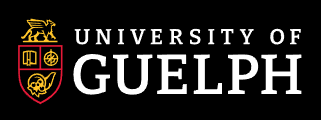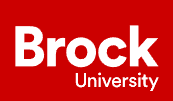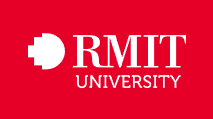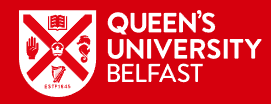Strategies for the Collaborative Construction of Accounting Professional Laboratories and Courses under the Background of Digitalization and Intelligence
DOI:
https://doi.org/10.63313/EH.9001Keywords:
Accounting professional laboratory, Digital intelligence, Collaborative construction, Experimental teaching, Curriculum constructionAbstract
The rapid development of digital intelligence technology is driving the transformation of accounting functions toward data-driven decision-making and reshaping talent requirements. Currently, accounting education faces challenges such as outdated laboratories, a disconnect between courses and practice, and insufficient coordination between experimental and theoretical teaching. The superficial application of digital intelligence technology limits professional skill development. This study, situated within the context of digital transformation, identifies structural issues in the integration of labs and courses, including insufficient technological adaptability among teachers, a lack of diversity among participants, and fragmented management. It proposes systematic solutions: building a "modularized-scenario-based" curriculum with technological empowerment, integrating intelligent financial tools and virtual simulations; establishing a hierarchical system to enhance teachers' capabilities through digital platforms for resource allocation, and dynamically adjusting lab and curriculum goals. Future efforts should focus on deepening the collaboration between "education - industry - research" shifting accounting education from knowledge transmission to skill development, cultivating compound talent with both professional and digital insights, and creating an open, dynamic accounting education ecosystem. This has practical significance for higher education reform.
References
[1] BOGOSLOV, I. A., & MARINA, A.-G. (2023) THE ACCOUNTING PROFESSION UNDER THE INFLUENCE OF DIGITALIZATION - PREMISES OF THE INTELLIGENT FUTURE. Revista Economică (Sibiu, Romania), 75(4), 20–28.
[2] SUN Q Y, SU F. (2018) The “One Core, Three Integrations” Practical Reform in Financial Accounting Programs. RESEARCH AND EXPLORATION IN LABORATORY, 37(12): 274-276+280.
[3] GAO Y R, HAO Y J, PAN D P. (2024) Research on the Construction of Intelligent Laboratories for Accounting Majors in the Digital Intelligence Era. HEILONGJIANG EDUCATION (Research and Evaluation of Higher Education),(1):65-67.
[4] He, Y. (2024) Research on Intelligent Development and Practice of Accounting Laboratory Courses in Colleges and Universities in the Context of Interdisciplinary Cooperation. Applied Mathematics and Nonlinear Sciences, 9(1).
[5] CAI B R. (2020) Research on the Construction and Management of Accounting Laboratories in Undergraduate Institutions. Economic Management Abstract, (16): 177-178.
[6] RAN J M. (2024) Cultivating Practical Abilities of Secondary Vocational School Students and Improving the Teaching Quality of Accounting Professional Skills. Science Guide, B03.
[7] JIN Y, QUAN N J. (2024) Financial Data Middle Platform Based on RPA technology: Framework, Practice and Thoughts. Finance and Accounting Monthly, 45(22): 17-23.
[8] Lajnef, K. (2025). How does accounting education shape the digitalization of the accounting profession? A cognitive mapping investigation. Quality & Quantity.
Downloads
Published
Issue
Section
License
Copyright (c) 2025 by author(s) and Erytis Publishing Limited.

This work is licensed under a Creative Commons Attribution 4.0 International License.





















